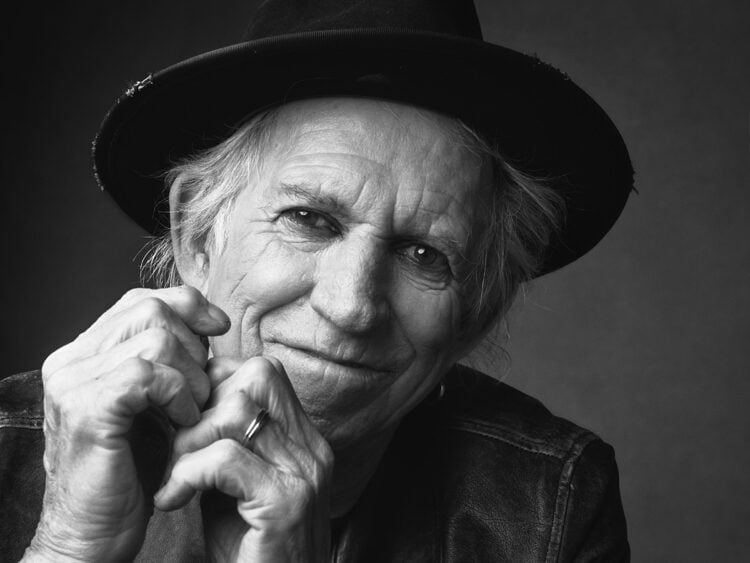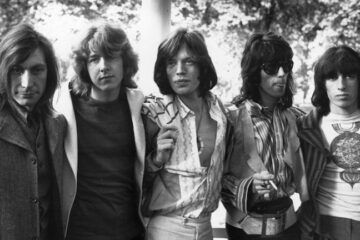News Joined at the Hip: The artist Keith Richards called his “long lost brother”
Most artists can only hope to find their musical soulmate in their lifetime. While they don’t have to get together romantically, there are always those few artists that seem to interconnect so well that they seem to finish each other’s sentences. John Lennon had Paul McCartney, and Robert Plant had Jimmy Page, but Keith Richards thought that his true rock and roll brother was Gram Parsons.
Then again, that might have been just because of where Richards was at the time. Coming to the end of the 1960s, the kind of bluesy tone of The Stones’ music turned into something completely different, going from imitating The Beatles at every turn to absorbing the sounds of American music.
After coming off tour, Richards had picked up a healthy respect for country music, making the kind of songs that could tug on people’s heartstrings in just the right way. If Richards was a student of country music, Parsons was the master, taking in every song he ever knew and spitting out the kind of music that could break a few hearts if he wasn’t careful.
Looking back, Richards would consider Parsons to be one of his true soulmates in rock and roll, later recalling in the book Life, “When I fell in with Gram Parsons in the summer of 1968, I struck a seam of music that I’m still developing, which widened the range of everything I was playing and writing. It also began a friendship that already seemed ancient the first time we sat down and talked. It was like a reunion with a long-lost brother for me, not having one”.
From 1968 onward, it’s clear that Richards’s music was already beginning to turn a corner. While an album like Beggars Banquet is definitely more straight-ahead blues than most of the stuff that they would get into later, a song like ‘No Expectations’ feels like it couldn’t have been written without Parsons’s influence.
Throughout the recording of Exile on Main St, Richards would end up talking with Parsons and even invite him over for various jam sessions when working on the album. While this may have pissed off Mick Jagger to no end, it’s clear that magic started to rub off on Richards as well, taking the basis of what country was supposed to be and putting his own unique take on it on songs like ‘Wild Horses’.
Even though he pioneered the sound of country rock, Parsons always seemed to get shafted by the mainstream, with the Eagles taking much of the glory and Parsons never getting as much respect for his craft until his mysterious death. It didn’t matter, though…the influence had already been done.
For the rest of Richards’s career, he would spend time trying to carry on the tradition that Parsons started. Whether it was the traditional Stones-style rockers or the occasional ballad, Richards learned never to make something that wasn’t from the heart, including massive tearjerkers like ‘Coming Down Again’ and ‘Far Away Eyes’.
Parsons has also spread out into the world of country music today as well, paving the way for someone like Eric Church to succeed in the modern era. For all of the ground that Richards covered on his own, he will always be indebted to the icon in cowboy boots that reshaped country and rock and roll.




